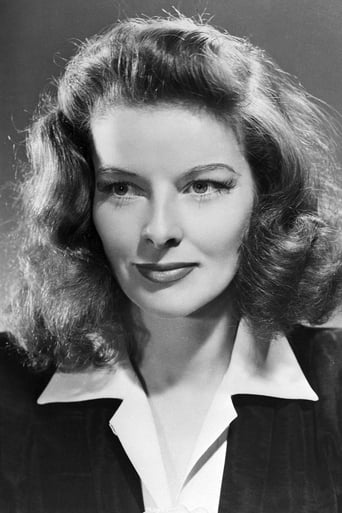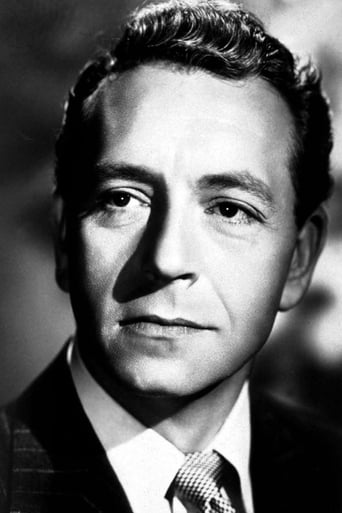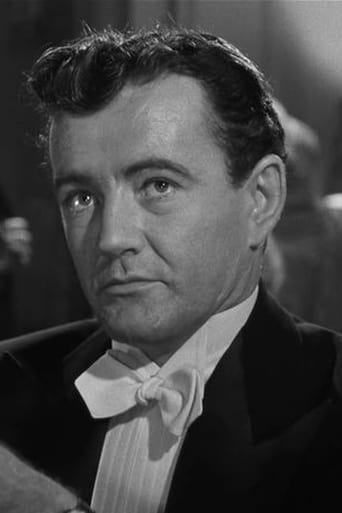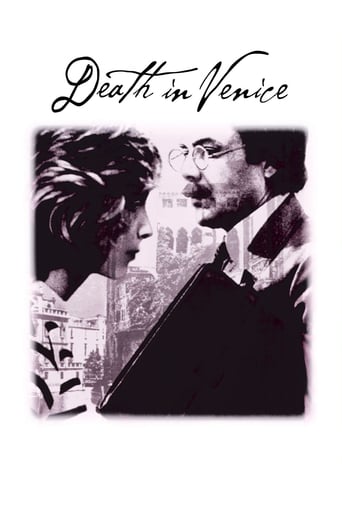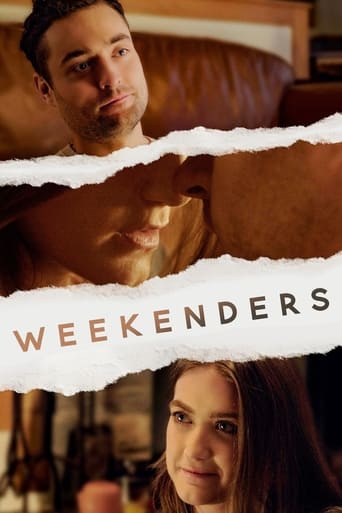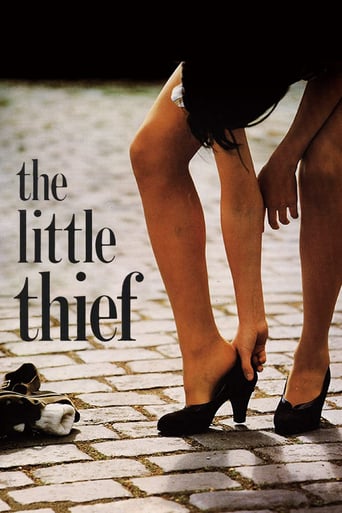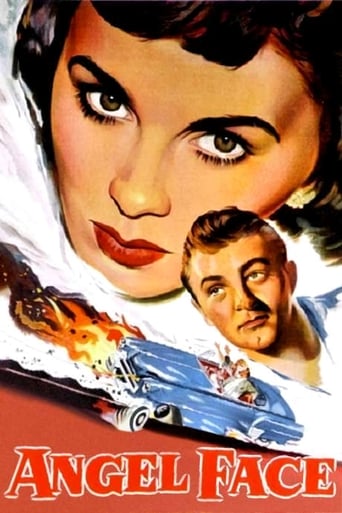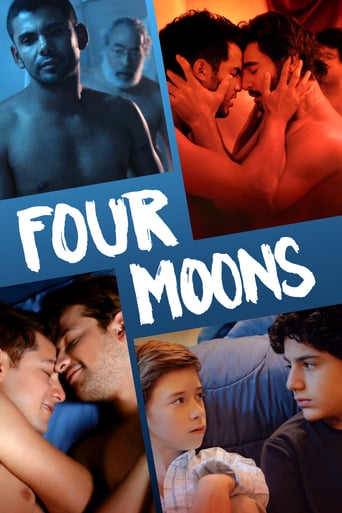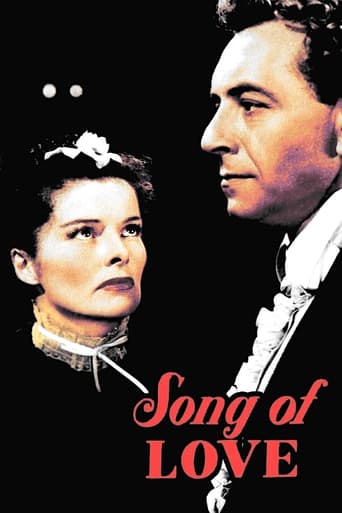
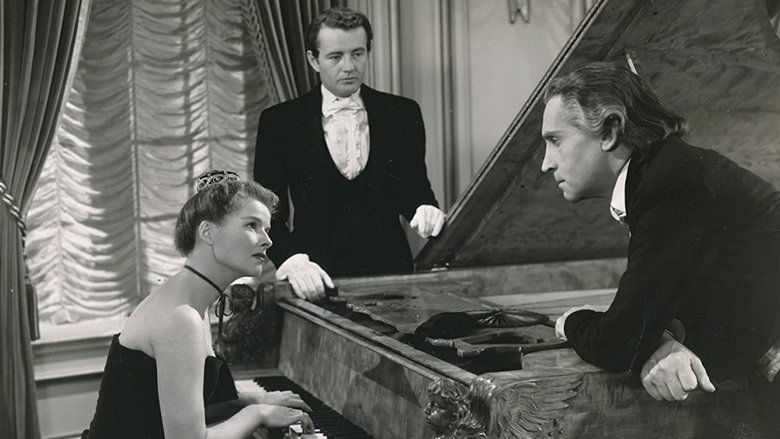
Song of Love (1947)
Composer Robert Schumann struggles to compose his symphonies while his loving wife Clara offers her support. Also helping the Schumanns is their lifelong friend, composer Johannes Brahms.
Watch Trailer
Cast


Similar titles
Reviews
Regardless of what one thinks of the film itself, it's truly remarkable how Kate Hepburn worked at "fingersinking" the piano. It may be the best job of visual piano playing in all film and Artur Rubinstein, who supplied most of the piano soundtrack (uncredited), said that Hepburn looked as if she were a born pianist. However, sorry to disappoint all those Henry Daniell fans, but in the party scene, where Liszt plays the Miphisto Waltz and Widmung, the pianist was actually the legendary and mysterious Ervin Nyiregyhazi. Notice that in closeups, only Daniell's face and upper body are seen, head-on. But seen from afar in full body shots, and in closeups of Liszt's hands playing the keyboard, it's Nyiregyhazi, who was chosen because he looked much like Daniell and had long,slender fingers like Liszt. Nyiregyhazi's hands were also used for those of Chopin in Song to Remember, while Jose Iturbi played on the soundtrack.
A biopic about Johannes Brahms and two other musical people - Robert and Clara Wieck Schumann - whom I've never heard of. The beginning of the movie gives the disclaimer that it's based on their true stories, and a quick glance at Wiki shows that the main plot points are there, i.e. how Clara Wieck sacrificed a huge career as a gifted pianist to help her husband's lesser composing one, and how Brahms and Wieck shared an unconsummated love because of her devotion to her husband.I have to admit that I'm naturally biased here because it's Katharine Hepburn who plays Clara Wieck and of course my opinion is that she's great. I mean, how suitable for the role of a artiste is she, with her classic Greek goddess looks. And it really does look like she did all the piano-playing herself and it was amazing how her fingers flew. Just watching her play the piano makes the movie. But this is Kate, and even when she's not the pianist but a harried mother of eight, she's still radiant. As for the rest of the movie, it's fairly rote, unfortunately. The big historical names don't matter so much if you're not a classical music fan, and I'm not, so the songs (of love!) didn't leave an impression on me, which means the movie comes across as a standard devoted-wife- sacrifices-all-for-her-husband movie.
Katharine Hepburn is Clara Wieck, Paul Henried is Robert Schumann, and Robert Walker is Brahms in "Song of Love," a 1947 film directed by Clarence Brown and also starring Henry Daniell and Leo G. Carroll. "Song of Love" covers the marriage of Wieck and Schumann, while "Fruhlingssinfonie" (Spring Symphony), which stars Nastassia Kinski as Clara, ends before the couple's marriage. The latter makes much more of a feminist statement. In that film, the well-known Clara Wieck realizes that upon marrying Schumann, there will not be room for "two pianos" as she puts it, and that her career, in fact, is over. While it is true that Schumann wanted a traditional wife and that in those days, it said bad things about a husband that let his wife go out and earn money, Clara Schumann did indeed continue her career up until 5 years before she died.Though there are some dramatic liberties taken with the script, much of it is true. As Schumann mentions in his conversation with Clara's father, he did live with the Wieck family for a time. Clara did take her father to court. Brahms was probably not in love with Clara, but the two were very close friends, and he did take care of the children as shown in the film. "Song of Love" is a little vague on Schumann's illness. Nowadays it is suspected to be syphilis that was treated with mercury; another suspicion is that he was bipolar. But as the film documents, he became quite ill, indeed hearing the the note "A" in his head. There are also reports that Clara and Brahms destroyed his later works because they demonstrated the disintegration of his mind. In fact, one or two pieces were destroyed, but many were put into the repertoire. And Clara did indeed promote his music in concerts throughout her life.The glorious music of Schumann and Brahms is played throughout the film, and the performances are first-rate. Katharine Hepburn gives a beautiful characterization of Clara - strong, devoted, intelligent and gentle. Robert Walker is a warm, charming Brahms, and Paul Henried is excellent as the depressed Schumann.Schumann, Brahms, Liszt, Chopin - once composers roamed the world as dinosaurs did. Now composers are dinosaurs. Our technologically-based society is not conducive to producing great music or art, though musicians and artists now have a variety of technological advances at their disposal to incorporate into their work. Somehow it's not the same. Let "Song of Love" take you back in time. I highly recommend "Fruhlingssinfonie," another beautiful film on the subject with a slightly different point of view. If you can, get it with subtitles rather than the dubbed version.
This was produced as a sincere attempt to tell the story of the relationship between composer Robert Schumann, his wife Clara, and an up-and-coming youngster, Johannes Brahms.The story is largely a fictionalized version of the true tale. According to their letters, Clara's feelings for the young Brahms were more of a motherly than a romantic nature. Brahms did indeed feel a great deal for Clara, but he knew the parameters of their relationship and accepted them. The portrayal of Robert in this film is the worst written and least accurate, probably accounting for Henreid's pallid performance. Brahms was only one of the young male talents that Robert befriended and aided, while Clara looked the other way. We now know too that Robert's illness and cause of death was most likely the ravages of syphilis. The picture skirts the issue and never really makes clear what is wrong with him.The portrayal of the resourceful and strong-willed Clara is more accurate, and Hepburn is a good casting choice, though on the surface an unlikely one, and the best part of the picture is the portrayal of the boisterous Schumann household, which she essentially heads, leaving her husband free to pursue his own interests and talents. And after Robert's death, the real Clara did indeed devote her life to preserving his legacy.This film is not a bad one, though the reverential way these three people are treated, and the stilted dialogue written for them, gets in the way. Walker looks so much like the portraits of the young Brahms, especially Brahms in his thirties, that it's uncanny.The choice of Artur Rubenstein to play all of the solo piano pieces on the soundtrack is a puzzling one, as he makes little attempt to differentiate between the styles of playing of the different characters. And Rubenstein was never a particularly strong player of Brahms and Schumann. His playing of Liszt is much better.


